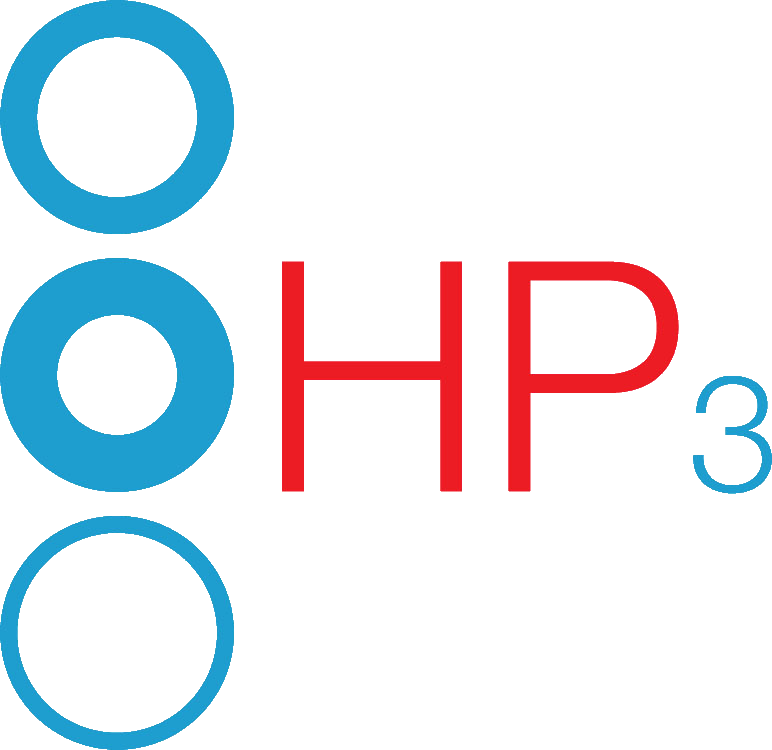
Fuelling and Gut Training Protocol for a Road Marathon
This protocol is tailored to the unique demands of road marathon running for advanced athletes who want to push their limits and perform at their best. It emphasises precision fuelling, hydration, and supplementation, focusing on the consistent high-intensity effort required for marathon running. This plan incorporates advanced strategies to optimise gut tolerance, energy availability, and race-day execution.
Overview
Duration: 10–12 weeks.
Primary Goals:
Maximise CHO intake capacity (~60–90 g/h for sub-3 hours, ~90–120 g/h for mid-2 hours).
Fine-tune hydration strategies (~500–750 mL/hour depending on conditions).
Incorporate marginal gains, including caffeine, nitric oxide, and sodium bicarbonate, to enhance performance.
Optimise race-day nutrition strategies for consistent pace and sustained energy.
Phase 1: Baseline Assessment and Initial Adaptation (2–3 Weeks)
Phase 1: Baseline Assessment and Initial Adaptation (2–3 Weeks)
Objective: Establish baseline hydration, fuelling, and gut tolerance while introducing gut training concepts specific to marathon running.
Sweat Rate Testing: Conduct a 60-minute tempo run to estimate sweat rate and sodium needs.
Gut Training Initiation: Start with ~40–50 g/h CHO during moderate runs using simple sources like isotonic drinks or diluted gels.
Education: Teach the benefits of fuelling early, dual-source CHO, and maintaining glycogen stores.
Mental Strategies: Develop race-specific mantras like "steady and smooth" or "fuel now, fly later."
Example Session:
Sweat Rate Test:
60-minute tempo run. Measure pre- and post-weight, and track fluid intake.
Key Actions
Baseline Testing:
GSRS Questionnaire: Assess baseline GI health (e.g., symptoms like bloating, diarrhoea, reflux).
Sweat Rate Test: Conduct a 60-90 minute moderate-intensity session:
Weigh pre- and post-session.
Record fluid intake to calculate sweat rate and determine fluid replacement needs using the precision fuel and hydration spreadsheet.
Phase 2: Progressive Gut and Hydration Training (4–5 Weeks)
Objective: Gradually increase CHO and fluid intake while training at marathon intensity.
CHO Progression: Increase CHO intake weekly by ~10 g/h, aiming for ~60–90 g/h for sub-3 runners and ~90–100 g/h for mid-2-hour runners. We recommend PFH gels
Hydration Refinement: Sip fluids every 10–15 minutes (~500–750 mL/hour), adjusting sodium intake based on sweat losses.
Race-Pace Fuelling: Practise consuming CHO at marathon pace to simulate race conditions.
Nitric Oxide Loading: Start 400–600 mg/day nitrate supplementation for key sessions.
Example Session:
CHO Progression at Pace:
90-minute run at marathon pace with 60–70 g/h CHO from gels and isotonic drinks.
Phase 3: Advanced Race Simulation and Fatigue Resistance (3–4 Weeks)
Objective: Refine race-day fuelling (~60–120 g/h CHO) and hydration strategies while training for late-stage fatigue.
Full Race Simulations: Conduct 2.5–3-hour runs to test fuelling under race conditions.
Fatigue Training: Include tempo surges in the final hour of long runs to mimic late-stage effort.
Sodium Bicarbonate Preloading: Test 0.2–0.3 g/kg doses for tolerance during key sessions.
Caffeine Timing: Practise delaying caffeine intake (~30–60 mg) until the final third of the run for optimal impact.
Example Session:
Full Race Simulation:
2.5-hour run at marathon pace with ~90 g/h CHO and ~500–750 mL/hour fluids.
Phase 4: Precision Taper and Pre-Race Preparation (7–10 Days)
Objective: Maximise glycogen stores, hydration, and mental readiness.
Carbohydrate Loading: Consume 8–10 g/kg/day for 2–3 days pre-race using low-fibre, low-fat options (e.g., white rice, pasta).
Nitric Oxide Preloading: Continue 400–600 mg/day nitrate supplementation for 3–5 days pre-race.
Pre-Race Breakfast: Consume ~150–200 g CHO from low-fibre sources (e.g., white toast, banana, sports drink) 3 hours before the start.
Mental Finalisation: Rehearse mantras and cues, focusing on maintaining pace and composure during fatigue.
Race Day Execution
Fuelling:
Sub-3 hours: Target ~60–90 g/h CHO.
Mid-2 hours: Target ~90–120 g/h CHO.
Use pre-tested gels and isotonic drinks for ease of consumption.
Hydration:
Sip ~500–750 mL/hour fluids, aiming for ~500-1500 mg sodium/L (depending on your specific needs)
Mental Strategies:
Use visualisation techniques and mantras to stay focused ("One step closer").





